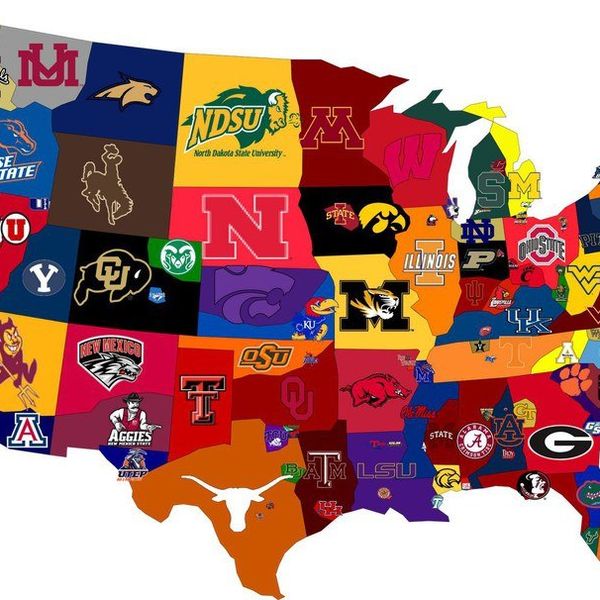Choosing which college you wish to attend, if that is the route you are taking after high school graduation, can be a difficult decision, especially if you have not given any thought to what exactly you are looking for. It is better to think about certain factors that can eliminate or nominate a college before you apply, rather than when you are starting your freshman year. Here are a few tips to make that process a little bit easier.
1. Location matters.
While you may not initially think about the location of a college as a very important aspect, it is something that should be considered. You can start off by thinking about whether you wish to stay in state or if you'd prefer to go out of state. For those looking to save some money, an in-state public university such as Shippensburg University of Pennsylvania in Shippensburg, PA, could be a great choice, as Pennsylvania residents pay a lower tuition. You can even go further by deciding what type of environment you wish to be in. Are you a city slicker, or could you see yourself living happily in a rural college town for the next few years? If you are someone who likes to be in an urban environment, a school such as Temple University, in Philadelphia, PA, might be a better fit than a school in a small town, such as Clarion University, in Clarion, PA.
2. Gender-specific schools
There are a number of co-ed universities in the country, but there are also tons of women’s colleges and men’s colleges. Would you prefer to be in a same sex environment, or would you prefer to be in a co-ed setting? An example of a women’s college is Bryn Mawr College, in Bryn Mawr, PA, and an example of a men’s college is Morehouse College, in Atlanta, GA. This is definitely something to consider.
3. Size is important.
Another thing to consider is the size of the college, along with how many students are enrolled there. College Board classifies a small college as one with 2,000 or less students, a medium college with between 2,000 to 15,000 students, and a large college as one with more than 15,000 students enrolled. A smaller school will definitely differ from a larger one. Class sizes may be smaller, there may be a smaller student-to-teacher ratio and so on. An example of a small college would be Allegheny College, in Meadville, PA, a medium college would be Bucknell University, in Lewisburg, PA, and a large college would be Temple University.
4. Majors matter.
It is not uncommon to be unsure of what major you want to study. In fact, most college students change their major at least once. If you switch your mind about your major, you may want to make sure that school has other available majors you would be interested in. Don’t go to a school where only one major interests you, because you may end up changing your mind.
5. Diversity is important.
This is another thing you may not think is that important, but nonetheless, it is something to consider. If you are ever interested in looking at a college’s diversity, College Board has graphs for a number of schools regarding the diversity of the student population based on information provided. You may not want to spend the next few years surrounded by people of the same ethnic and cultural background as you, or you may.
6. Visit colleges if you can.
If you plan to live on campus, it is great to visit the school and see it. After all, you will be living there for the next four years or so. Visiting campuses gives you more information and more insight into a school than just looking up information online. For those of you who are unable to visit a prospective school in person, you can check to see if there is a virtual tour of their campus online. To schedule visits, you can always either register for a visit on the school’s website, or call your admissions counselor to schedule a possible one-on-one visit. Don’t forget, your admissions counselors are your best friends during this important time!





















